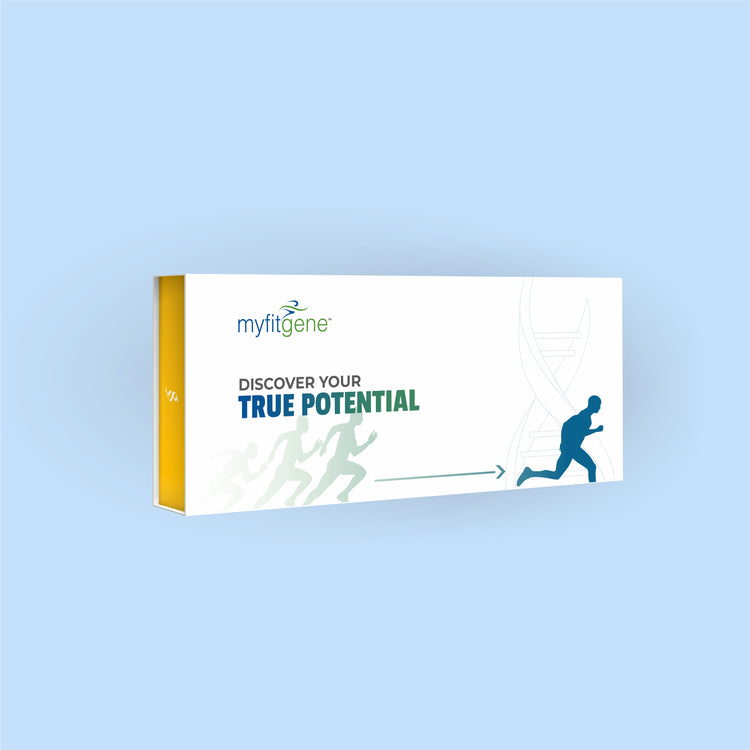Caffeine Addiction
Caffeine Addiction: Understanding, Recognition, and Recovery
Caffeine addiction is a prevalent condition characterized by a reliance on caffeine to function optimally. This substance, commonly found in coffee, tea, energy drinks, and various other beverages and foods, stimulates the central nervous system, providing a temporary boost in alertness and energy levels. While moderate caffeine consumption is generally considered safe for most individuals, excessive intake can lead to dependence and adverse health effects.
Impact of Gene Variants
Genetic factors play a significant role in determining an individual‘s response to caffeine. Variations in specific genes can influence how quickly caffeine is metabolized in the body and how sensitive a person is to its effects. For example, certain genetic variants may predispose individuals to metabolize caffeine slowly, leading to prolonged effects and potentially increasing the risk of addiction.
Ways to Recognize Problems
Recognizing caffeine addiction involves being mindful of the signs and symptoms associated with excessive consumption. Common indicators include:
- Headaches: Regular caffeine users may experience withdrawal headaches when they reduce or stop their intake abruptly.
- Irritability and mood swings: Dependence on caffeine can lead to irritability, anxiety, and difficulty concentrating when caffeine levels drop.
- Fatigue: Paradoxically, while caffeine initially boosts energy levels, excessive consumption can disrupt sleep patterns, leading to fatigue and daytime drowsiness.
- Dependence: Individuals with caffeine addiction may find it challenging to function without their regular dose of caffeine, experiencing withdrawal symptoms such as fatigue, irritability, and difficulty concentrating.
Ways to Improve
Overcoming caffeine addiction requires a combination of strategies aimed at reducing consumption gradually and adopting healthier habits. Some effective approaches include:
- Moderating intake: Start by gradually reducing caffeine consumption to avoid withdrawal symptoms. Substitute caffeinated beverages with decaffeinated options or herbal teas.

